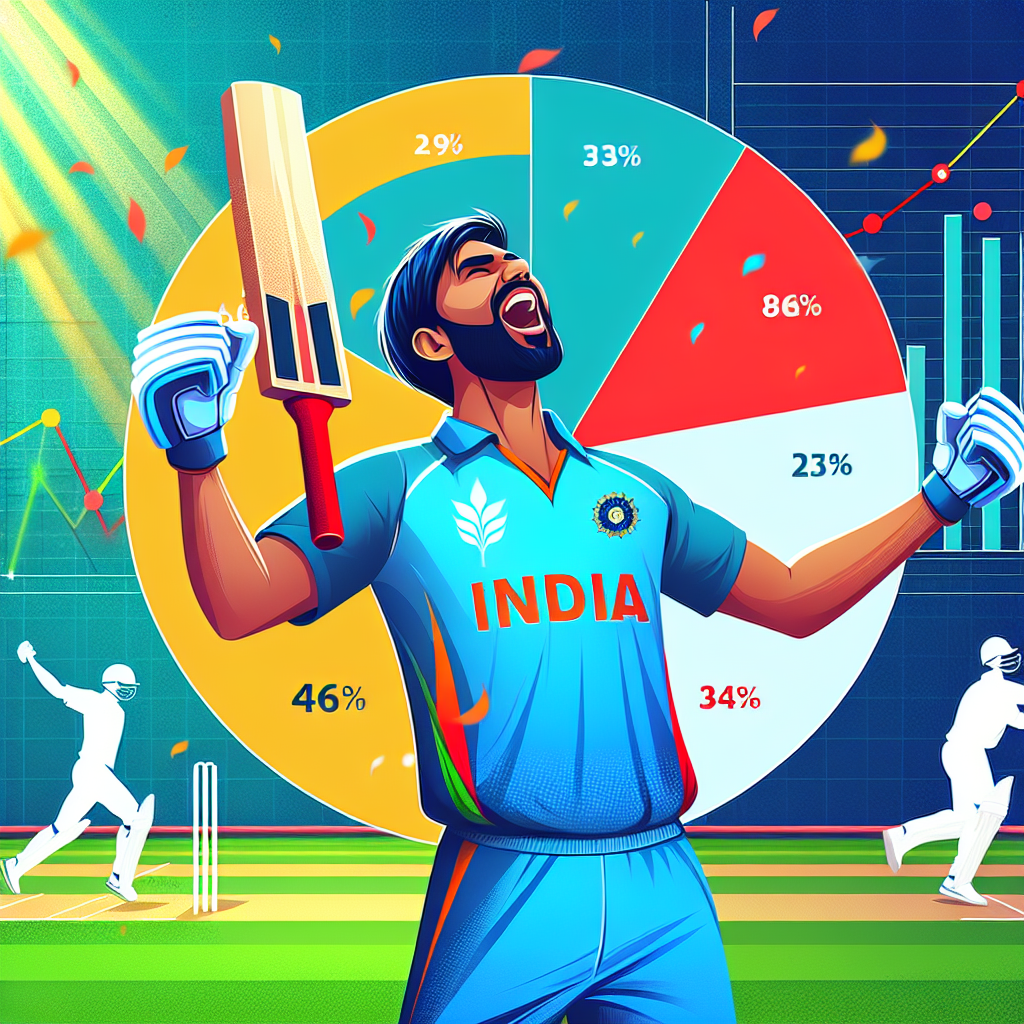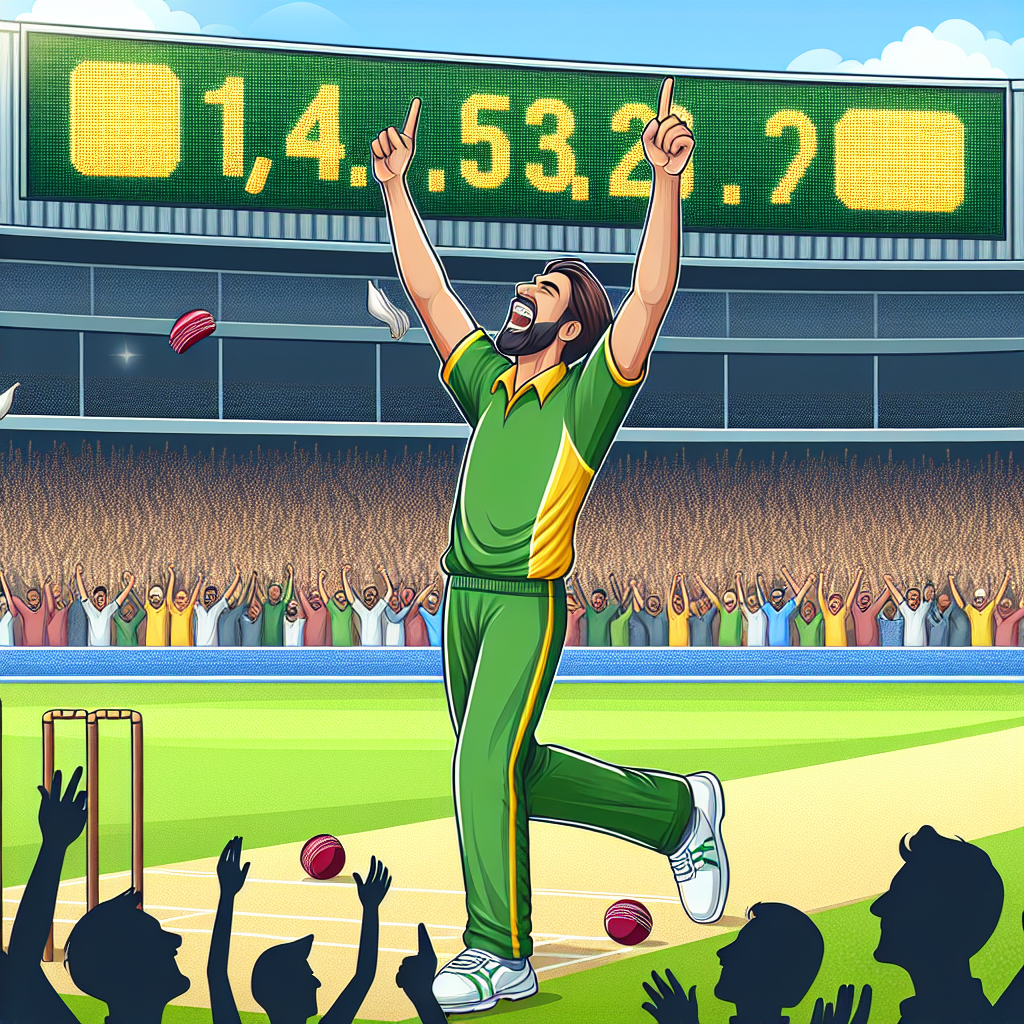Understanding MS Dhoni’s Winning Percentage: A Legacy of Leadership

Mahendra Singh Dhoni, often referred to as “Captain Cool,” is one of the most successful captains in the history of cricket. His leadership style, calm demeanor, and strategic acumen have earned him a place among the legends of the game. One of the key metrics that highlight his success as a captain is his winning percentage. This article delves into the intricacies of Dhoni’s winning percentage, exploring the factors that contributed to his success and the legacy he leaves behind.
The Rise of MS Dhoni: A Brief Overview
Before diving into the statistics, it’s essential to understand the journey of MS Dhoni. Born in Ranchi, Jharkhand, Dhoni’s rise to fame was nothing short of a fairy tale. From a small-town boy to leading the Indian cricket team to numerous victories, his story is an inspiration to many.
- Debut: Dhoni made his ODI debut against Bangladesh in December 2004.
- Captaincy: He was appointed as the captain of the Indian T20 team in 2007 and soon after took over the ODI and Test captaincy.
- Achievements: Under his leadership, India won the ICC T20 World Cup in 2007, ICC Cricket World Cup in 2011, and ICC Champions Trophy in 2013.
Decoding Dhoni’s Winning Percentage
Winning percentage is a crucial metric in evaluating a captain’s effectiveness. It is calculated by dividing the number of matches won by the total number of matches played and then multiplying by 100. Dhoni’s winning percentage is impressive across all formats of the game.
ODI Format
In One Day Internationals (ODIs), Dhoni captained India in 200 matches, winning 110 of them. This gives him a winning percentage of 55%, which is remarkable given the competitive nature of international cricket.
T20 Format
In the T20 format, Dhoni’s leadership was instrumental in shaping India’s approach to the shortest format of the game. He captained India in 72 T20 matches, winning 41, resulting in a winning percentage of approximately 56.94%.
Test Format
Test cricket, often considered the ultimate test of a player’s skill and temperament, saw Dhoni leading India in 60 matches. With 27 wins, his winning percentage stands at 45%, making him one of the most successful Indian Test captains.
Factors Contributing to Dhoni’s Success
Several factors contributed to Dhoni’s impressive winning percentage. His leadership style, ability to remain calm under pressure, and strategic thinking played a significant role in his success.
Leadership Style
Dhoni’s leadership style is often described as calm and composed. He had the ability to make his players feel comfortable and confident, which translated into better performances on the field.
- Empowerment: Dhoni believed in empowering his players, giving them the freedom to express themselves.
- Trust: He placed immense trust in his teammates, often backing them even during tough times.
- Adaptability: Dhoni was known for his adaptability, making strategic changes based on the situation.
Strategic Acumen
Dhoni’s strategic acumen was evident in his decision-making. Whether it was promoting himself up the order in the 2011 World Cup final or his field placements, Dhoni’s decisions often turned the tide in India’s favor.
- Innovative Tactics: Dhoni was not afraid to experiment with unconventional tactics, which often caught the opposition off guard.
- Reading the Game: His ability to read the game and anticipate the opposition’s moves was unparalleled.
- Calmness Under Pressure: Dhoni’s calm demeanor allowed him to make rational decisions even in high-pressure situations.
Case Studies: Iconic Matches Under Dhoni’s Captaincy
To truly understand Dhoni’s impact as a captain, it’s essential to look at some iconic matches that highlight his leadership qualities and strategic brilliance.
2007 ICC T20 World Cup Final
In the inaugural T20 World Cup, India faced Pakistan in a thrilling final. Dhoni’s decision to give the last over to Joginder Sharma, despite having more experienced bowlers, was a masterstroke. India won the match by 5 runs, marking the beginning of Dhoni’s legacy as a captain.
2011 ICC Cricket World Cup Final
Chasing 275 against Sri Lanka, India found themselves in a precarious position. Dhoni promoted himself up the order and played a match-winning innings of 91*, leading India to a historic victory. His decision to bat ahead of the in-form Yuvraj Singh was a testament to his strategic thinking.
2013 ICC Champions Trophy Final
In a rain-affected match against England, Dhoni’s tactical brilliance was on display. His field placements and bowling changes were spot on, helping India secure a 5-run victory and complete a treble of ICC trophies under his captaincy.
Statistics: A Deeper Dive
While winning percentage is a crucial metric, other statistics also highlight Dhoni’s impact as a captain.
- Most Matches as Captain: Dhoni holds the record for captaining India in the most number of matches across all formats.
- Most Wins in T20s: He is one of the most successful T20 captains in terms of wins.
- Consistent Performer: Dhoni’s batting average as a captain is higher than his overall career average, showcasing his ability to perform under pressure.
The Legacy of MS Dhoni
Dhoni’s legacy extends beyond his winning percentage. He transformed Indian cricket with his leadership, inspiring a generation of cricketers. His emphasis on fitness, fielding, and mental toughness set new standards for the team.
Moreover, Dhoni’s ability to groom young talent ensured a smooth transition for the Indian team even after his retirement from captaincy. Players like Virat Kohli, Rohit Sharma, and Ravindra Jadeja have all benefited from Dhoni’s mentorship.
Conclusion: The Enduring Impact of MS Dhoni
MS Dhoni’s winning percentage is a testament to his exceptional leadership and strategic brilliance. His ability to remain calm under pressure, coupled with his innovative tactics, made him one of the most successful captains in cricket history. Beyond the numbers, Dhoni’s legacy



